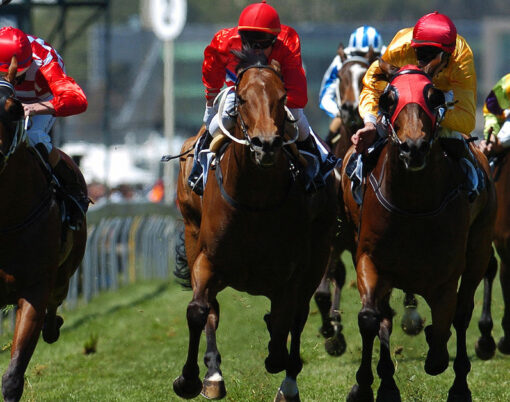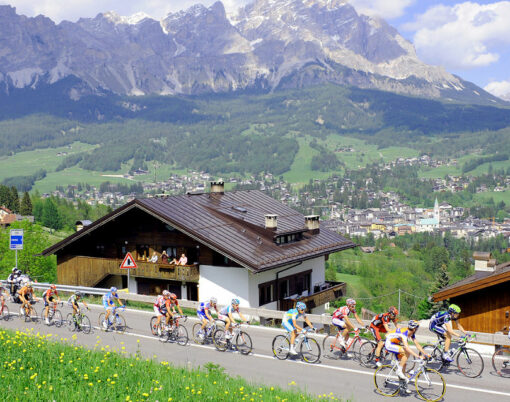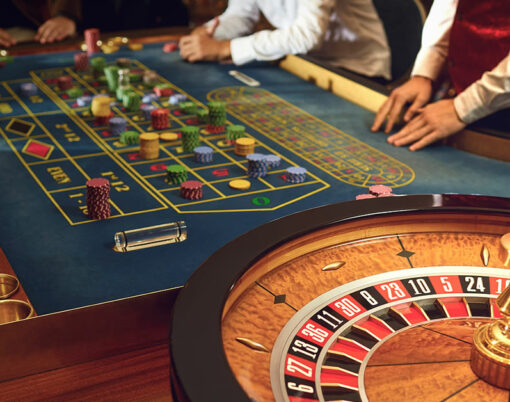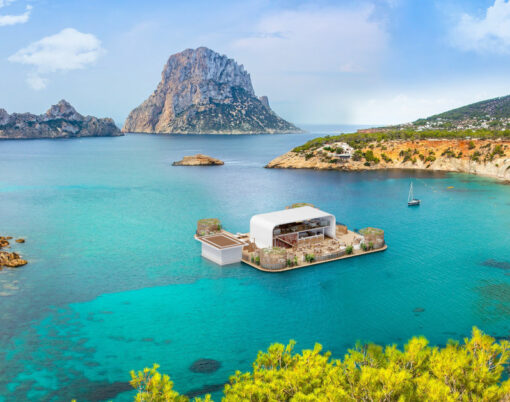Having long been a popular pastime amongst the aristocracy and with horseback sports like polo known to be favoured by the royals, horse riding is a hobby that for many years, was out of reach for all but the wealthy – but in 2022, riding schools are easily accessible and offer lessons for a reasonable price so that those without their own animals have the chance to partake and learn the skill, too.
Nevertheless, owning and keeping a horse remains costly, and the kind of pure breeds many seek to buy come at prices only the top one percent of the population can afford. A quality dressage horse, for example, can easily set buyers back upwards of £50,000, with Totilas – a 17.1hh black Dutch Warmblood, and the most expensive ever sold, fetched an eye-watering £11 million. Race horses, meanwhile, are a similarly extravagant purchase, particularly if you want one that is ready to take to the track – with a £60 million price tag not unheard of for the very finest.
Of course, splurging on a horse itself isn’t the only expense associated with the sport, there’s all of the equipment – from tack and rugs to grooming gear – that generally needs to be bought to participate and to care for your animal, and keeping a pet of this size healthy is no less costly. While some items are considered optional, others, such as healthcare products and right horse wear – are essential to safety and well-being.
When keeping a horse, you’re going to need basic wear. You might need to learn what the best half pads for horses or saddle pads are and choose between bridles and rugs that are best for your horse. And don’t forget the supplies like feed buckets and medical care treatments when those sharp hooves get nicked! It goes without saying that keeping a horse is no small investment – but your best friend is worth every penny.
With all of this in mind, it’s perhaps little wonder that equestrianism, whether as a leisure activity or a sport, is still most widely undertaken by the prosperous. If you’re considering investing in a horse so that you can start to learn the skill, too, then these are some things to set aside some spare funds for to ensure you get the most out of it.
Livery or field rent
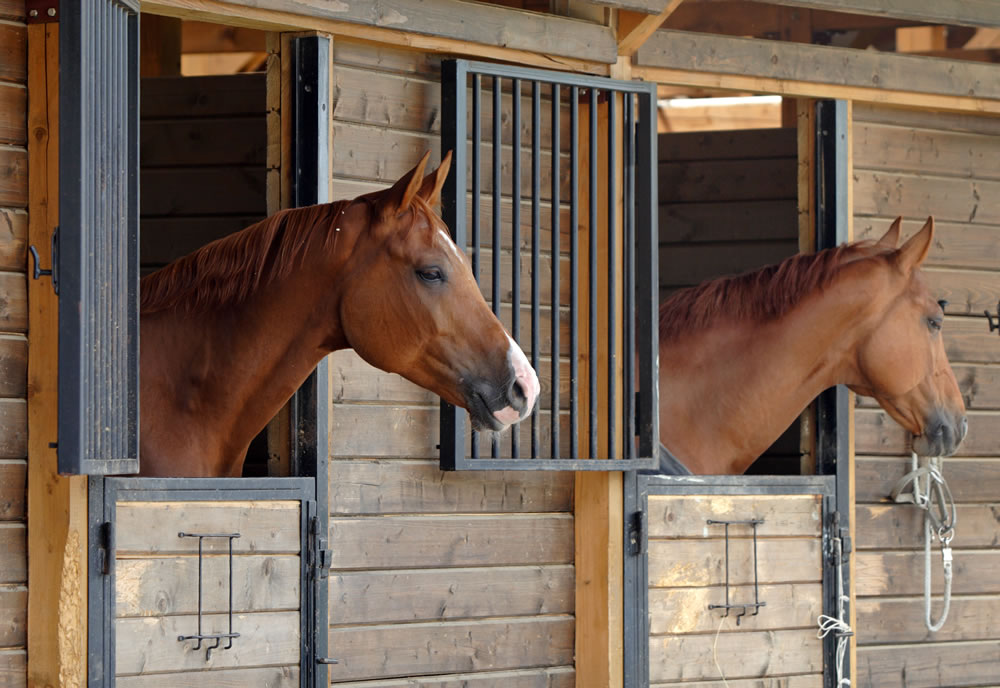
For those who don’t have their own land for their horses to be housed on, livery is one of the largest costs associated with owning one. In rural areas, many farms include stables and fields where you can pay to keep your horse, with additional facilities including a schooling arena, tack room and jumping courses to practice on. Many include additional services like muck removal within the fees, but if you’re eager to have someone care for your horse when you’re not there and get them ready for you when you want to come and ride, then it’s worth also considering investing in a groom.
Grooms within the equestrian industry will provide maintenance and care for your horse to a high standard – but be sure to look for someone who is experienced in their line of work and ideally understands a thing or two about animal behaviour to ensure your horse is kept happy and well looked after at all times.
Joining clubs and associations

If you’re new to riding, or have years of casual experience and are only now purchasing a horse of your own, then joining a riding club is a great way to start off this new phase on the right track. Not only does doing so make for a fun and more sociable experience, but it’s also advisable if you’re eager to progress in a competitive capacity and develop a sporting career in the field.
Most clubs hold weekly events, which include regional and national qualifiers, as well as a varied range of different competitions spanning disciplines like show jumping, dressage and cross country, so if you’re keen to grow into abilities in any area of equestrianism, then make joining up a priority.
Organisations like the Event Horse Owners’ Association (EHOA) will also provide you with access to news and events you might otherwise miss out on. If you’re in Sweden, then be sure to check out Arabhast Vast at https://arabhastivast.se.
Vets fees, insurance and additional care
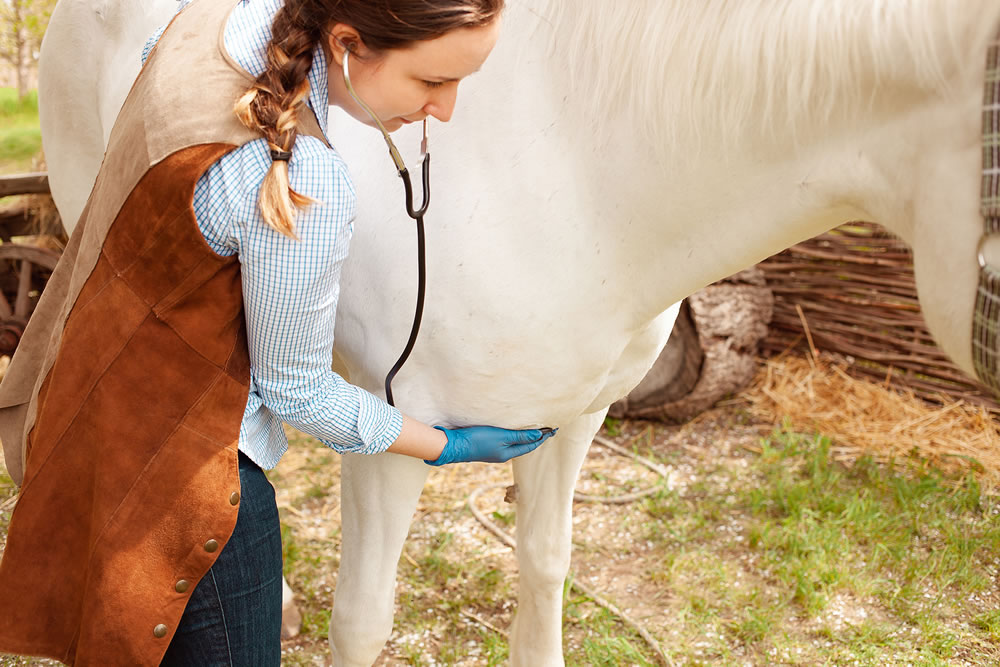
Annual flu and tetanus vaccinations are essential to ensure your prized horse remains healthy, and can easily cost several hundreds each year including the vet’s call-out fees. Should your animal fall ill or injure themselves, veterinary cre can prove eye-wateringly expensive, so be sure to take out a comprehensive horse insurance plan. The more valuable your horse is from a financial standpoint, the more important this is going to be.
Besides veterinary care and insurance, horses require regular visits from the farrier – even if they are unshod and are taking a break from being ridden. Hooves grow quickly, so need to be trimmed and balanced periodically, while shoes must be replaced every four to eight weeks.














